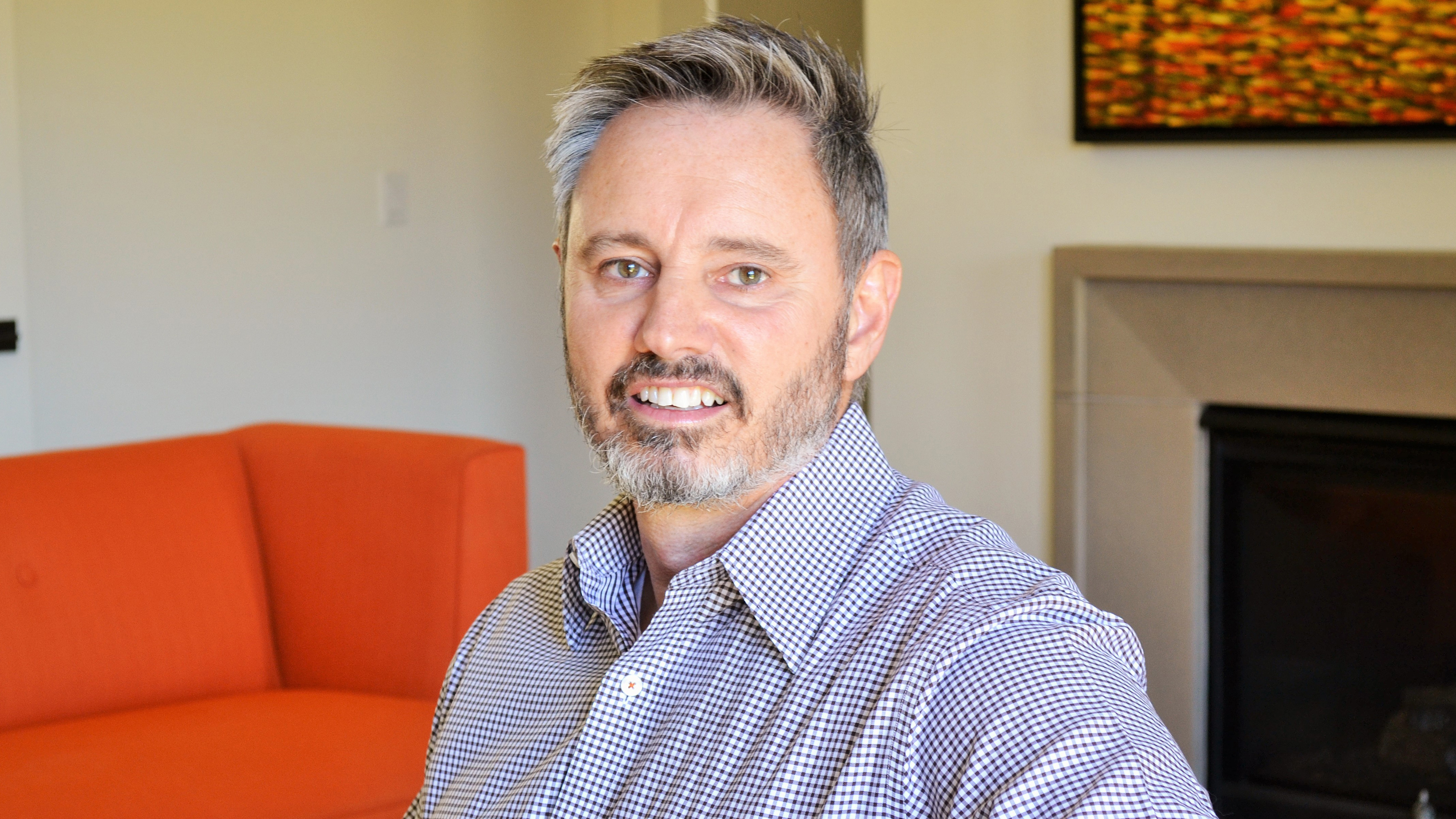For 15 years, Intervention has shined a light on individuals struggling with addiction. We talked to Ken Seeley, certified addiction-treatment counselor—both on the show and off—about the correlation between addiction and mental health, and how everyday people can make a difference.
The Crucial Connection Between Mental Health and Addiction

Intervention's Ken Seeley says that both mental health issues and addiction are illnesses requiring medical treatment.
The most common ones I see that I see regularly are post-traumatic stress disorder (PTSD), trauma, obsessive-compulsive disorder (OCD), depression and anxiety. And the ones that people mostly don't connect with addiction [but I see] are bipolar, schizophrenia and borderline personality disorder. I would say 100% of the people struggling with addiction are struggling with some mental health disorder.
Is addiction, in and of itself, a mental health issue?It is a medical condition; it is a disease. I just don't think everybody understands it as a mental health issue. There's something underneath the addiction that makes [people] self-medicate.
Does addiction tend to follow existing mental health conditions or vice versa?It's like the chicken-or-the-egg question—either they're drinking too much to cover the pain of post-traumatic stress disorder (PTSD) or their drinking turns into depression. So you never can really tell, but I honestly believe if you really dig down and look into what the root of it is, it's all from some PTSD that has happened in their past. [They create] traits around that trauma and that becomes a pattern into their adulthood.
For people with both an addiction and a mental health issue, is it important to treat both simultaneously?If you're not treating both, it's not really fair to the [individual]. Let's say they go into a treatment center for an addiction. And [the facility] only treats their addiction—they don't treat their depression or anxiety. When they walk out, they're not going to have the tools they need to deal with their depression or anxiety, and they're going to go back to using what they self-medicate with—alcohol or drugs.
Intervention has been on for 15 years. What is it about the show that has made it last so long?I remember doing interventions before the show came on and I had to explain to families what an intervention was. They had no idea. And the show has really educated millions of people all over the world, on what addiction is. And the show has all walks of life. Everybody in this world knows of somebody with an addiction or mental health issue. And because of that, the show brings it home. And it's real.
What do you hope viewers learn about mental health from the show?I hope viewers learn that this is not a choice. Mental health [conditions] and addiction are not choices. They're illnesses that people have that they need medical treatment for. And we can't shun these people. We can't look down on them, like we're better.
We need to understand that these are some of the brightest people in the world. It's always been driving downtown and seeing a tent city, and looking down at these people, when they're all suffering from mental health issues and addiction. If we can help them get better, they could be productive. They could be part of society and help other people. But we've got to have an open mind. These are sick people—not bad people.
What's the best way to help?We treat [people with mental health issues and addiction] as different and that's where it all began—they felt different. The reality is, it's just this human connection that we're craving. And with this pandemic going on and all the anxiety around that, [it's especially important]. Be nice to each other—that's all we all want, and that's all we’re craving. Every single one of us. If we can do that, we can lessen the growth of addiction and mental health issues.
Mental Illness Awareness Week runs October 4-10.
Visit the Intervention Resources page for treatment information, downloadable guides and more.
Watch full episodes of Intervention, no sign in required.